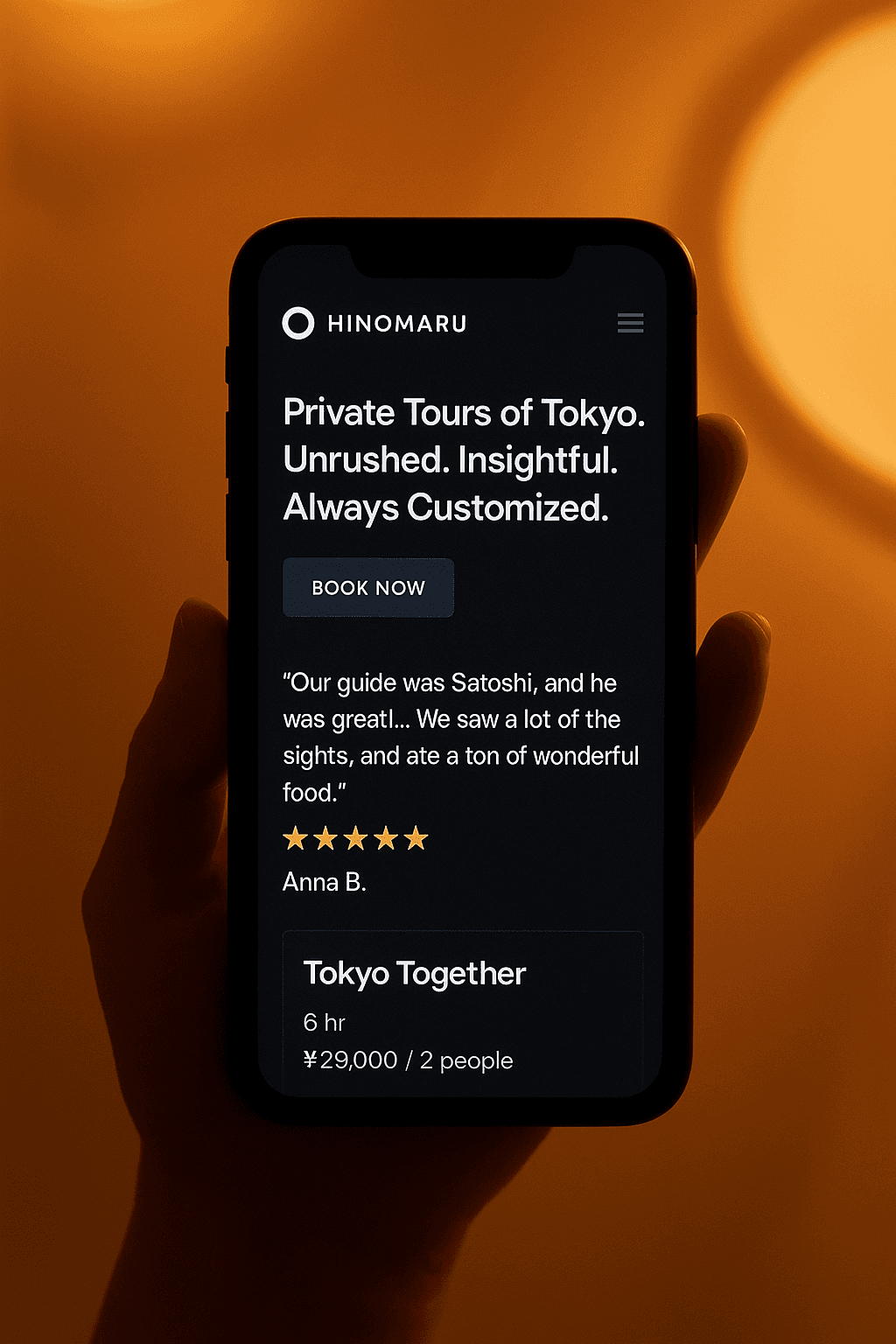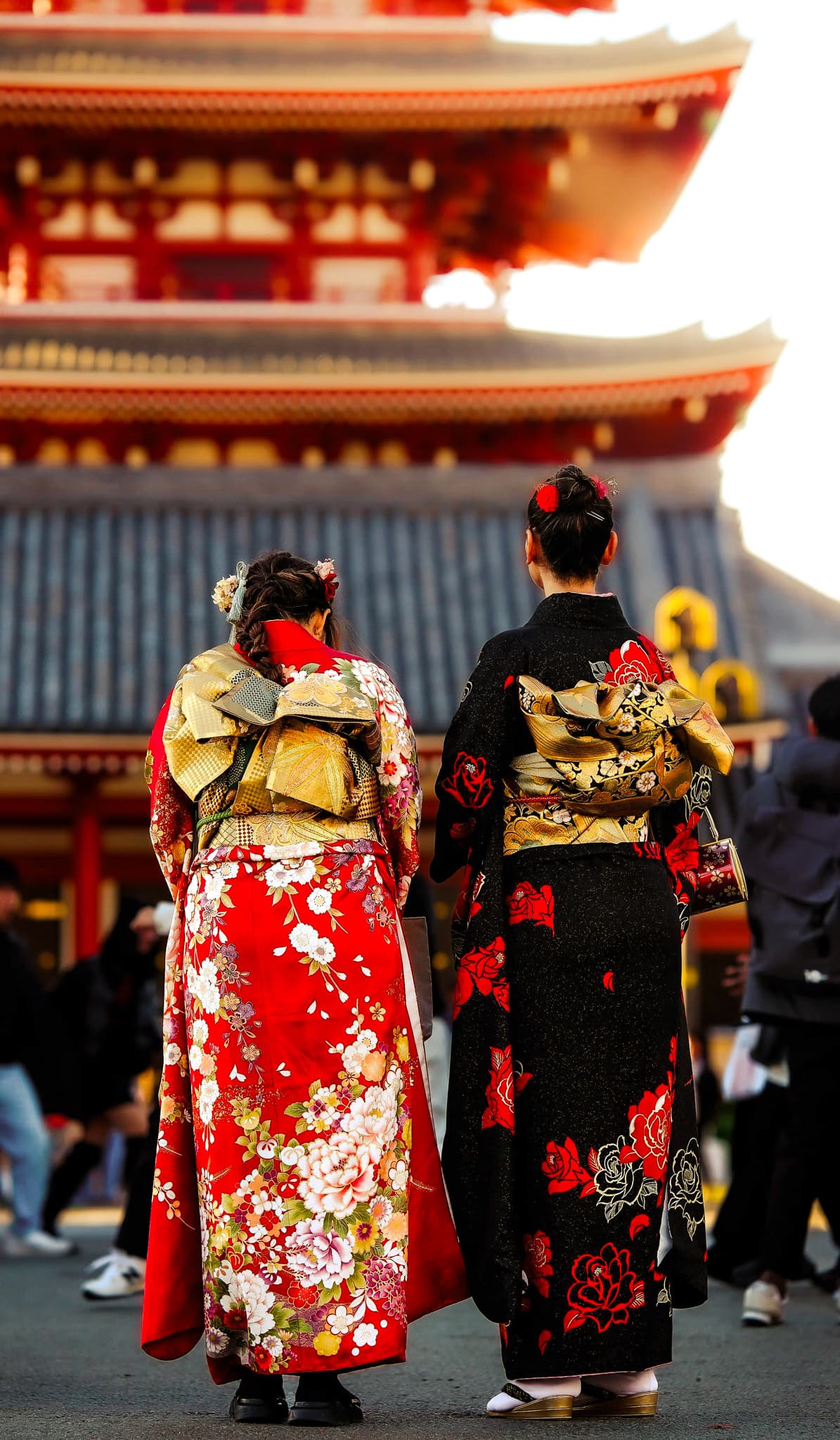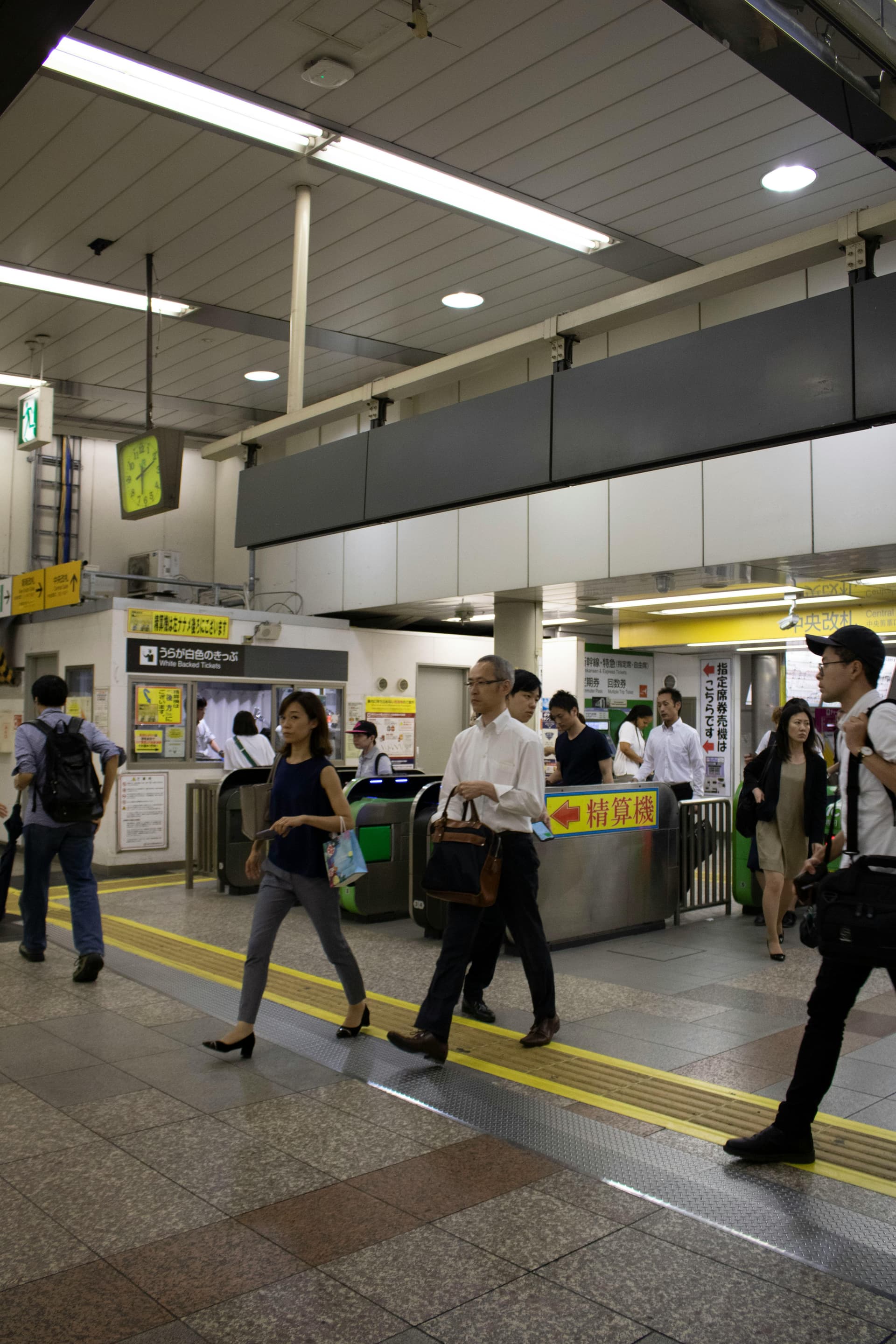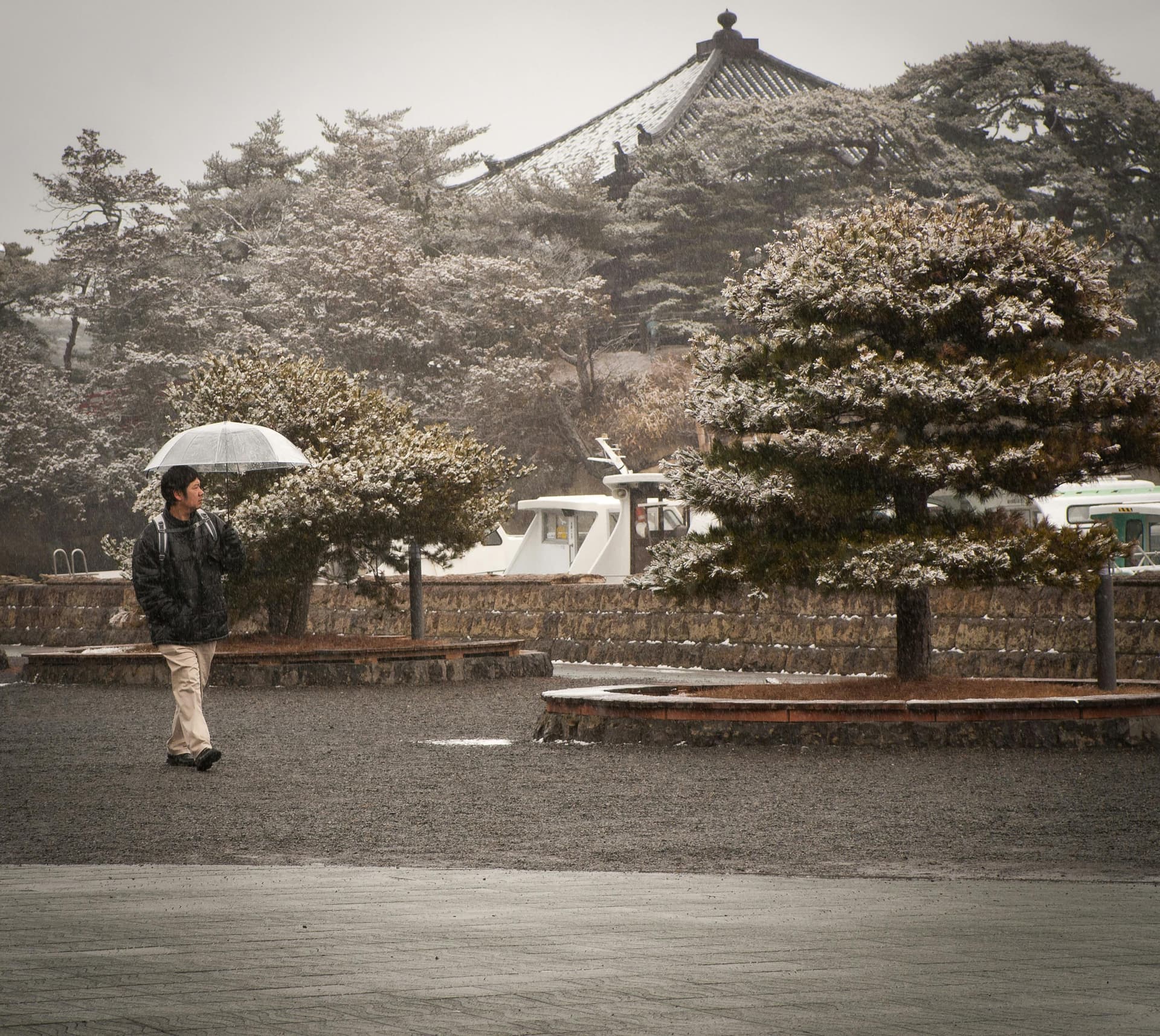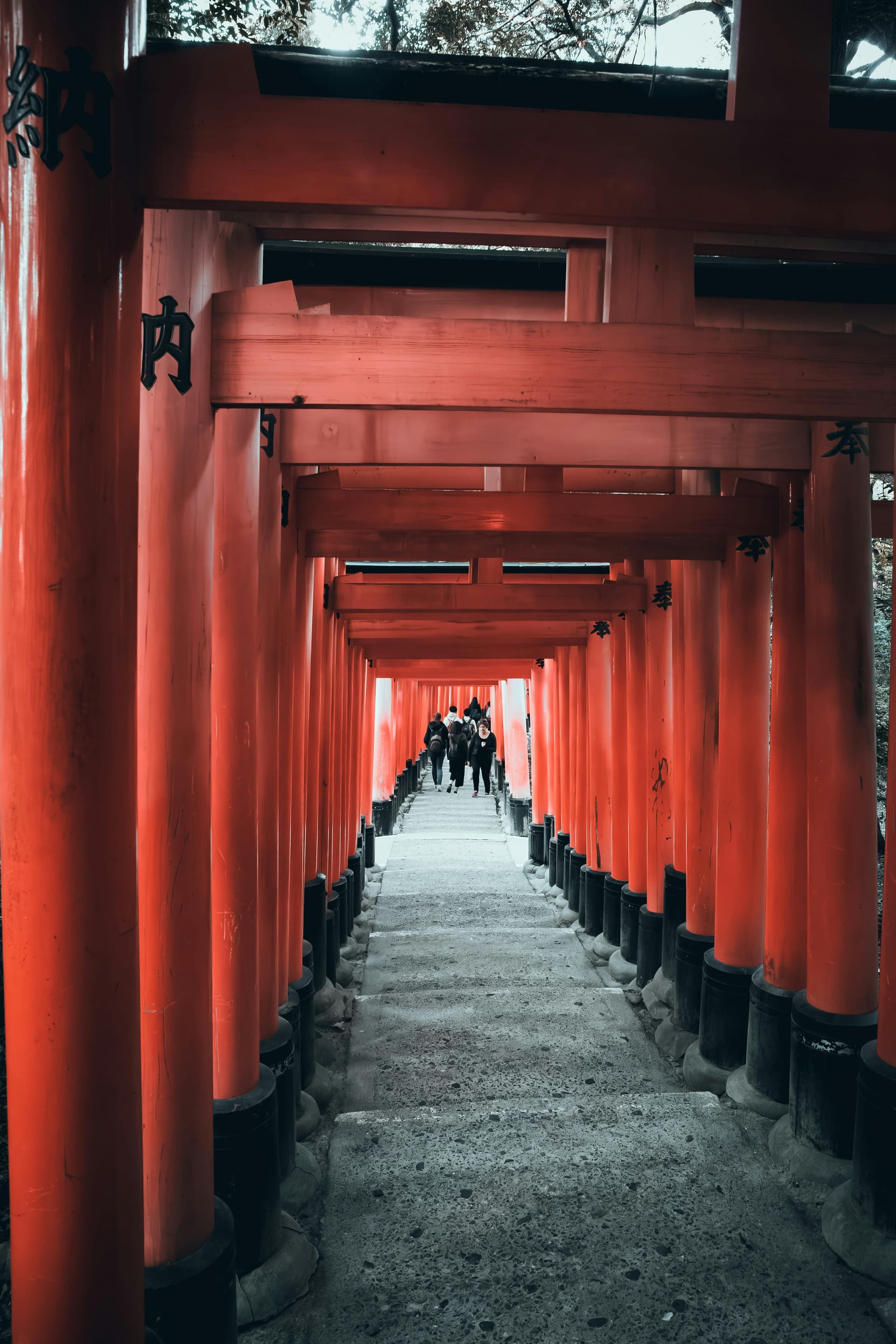Everyone's 4.8 stars. Every review says "wonderful." Here's how to extract the signal that actually predicts whether a tour will work for your trip.
Reviews describing adaptations and problem-solving predict your experience better than "amazing guide, highly recommend."
You've read fifty reviews. Every operator has 4.8 stars. Every review says "amazing guide, highly recommend." You're no closer to knowing whether this tour will actually work for your trip.
The problem isn't that reviews are useless. The problem is that most review advice tells you to look for the wrong things. Star ratings don't help when everyone clusters between 4.5 and 5.0. Volume doesn't help when 500 generic reviews tell you less than 50 detailed ones. And spotting fake reviews misses the bigger issue: the 92% of reviews that are real but tell you nothing useful.
The reviews that actually predict your experience aren't the enthusiastic ones. They're the ones describing what happened when something needed to change.
When Every Operator Has Great Reviews
The 4.8-Star Ceiling
When legitimate tour operators cluster between 4.5 and 5.0 stars, star ratings stop being useful for comparison. A 4.7 operator isn't meaningfully different from a 4.9 operator. The difference could be one disappointed customer, one language barrier complaint, or one rainy day that wasn't the guide's fault.
Nearly half of all TripAdvisor reviews are 5-stars. Another third are 4-stars. When three-quarters of reviews are positive by default, the star average tells you almost nothing about whether you will have a good experience.
Why 500 Generic Reviews Tell You Less Than 50 Detailed Ones
The math of reviews is counterintuitive. 78% of travelers never leave an unsolicited review. But when companies ask happy customers to review, that rate jumps to 80%. This creates a double filter: most people don't review, and the ones who do were specifically prompted.
High-volume operators can generate hundreds of "great tour, highly recommend!" reviews through aggressive solicitation. A boutique operator with 50 detailed reviews—where guests describe specific moments, adaptations, and situations—provides more useful signal than an aggregator with 500 generic ones.
Volume indicates scale. It doesn't indicate quality.
The Words That Actually Matter
Capability Verbs vs. Satisfaction Adjectives
The most useful reviews contain action verbs describing what the guide did, not adjectives describing how the guest felt.
Words like adjusted, adapted, improvised, accommodated, handled, resolved—these describe moments when plans changed and the guide responded. They reveal operational capability.
Generic reviews use satisfaction adjectives: amazing, wonderful, fantastic, incredible. These describe the guest's emotional state. They tell you nothing about what the guide will do when your child gets tired, the rain starts, or the restaurant is unexpectedly closed.
A review that says "when the temple we planned to visit was unexpectedly closed, our guide pivoted to a nearby garden we never would have found" tells you more about guide capability than ten reviews saying "amazing experience, 5 stars."
The Story Behind "But"
What follows "but" in positive reviews matters most. Social politeness pushes reviewers to lead with praise. Genuine concerns surface after.
"The tour was great, but the guide mostly walked in front of us and rarely gave information unless we asked." That "but" reveals a significant experience gap that the 5-star rating hides.
Another review praised a guide's "great knowledge of history" but buried the real story: "It was not very comforting to be walking up the side of a hill at twilight on a very narrow sidewalk while our guide used Google to direct us to our accommodation." Content knowledge and operational competence are different things.
"Overall experience was good… only bad experience we had was in our hotel where there was no electricity whole night in chilling cold." The problem is buried. The rating is still positive. The reality was different.
Why 3-Star Reviews Often Tell You More
Counterintuitively, 3- and 4-star reviews are often more informative than 5-star reviews. They explain why. A 5-star review might say "loved it." A 3-star review explains what worked, what didn't, and for whom.
Middle-of-the-road reviews give the honest, practical opinion. The reviewer liked parts, disliked parts, and took time to articulate both. These balanced assessments help you decide if those tradeoffs matter for your situation.
When researching a tour operator, deliberately seek out the 3-star and 4-star reviews. That's where the nuance lives.
The 2-Year Expiration Date on Reviews
Why Your Guide Might Not Work There Anymore
"Check recent reviews" appears in every review guide. But no one explains why recent matters.
The average tour guide stays in their job for 1 to 2 years. Over half work part-time. Nearly two-thirds are self-employed or freelance. Understanding the difference between licensed and unlicensed guides adds another layer to review interpretation.
A glowing 2022 review might describe a guide who no longer works for that company. When you book in 2025, you're getting whoever's on the roster now—likely an entirely different person with different strengths, communication style, and expertise.
What "Recent" Actually Means
For private tours, "recent" means within the last 12 to 18 months. Anything older than two years should be weighted heavily downward—not because the company changed, but because the guide who earned that review has likely moved on.
This matters more for aggregator platforms and freelance marketplaces, where guide turnover is highest. On platforms like Viator, you don't learn who your guide is until 24 to 48 hours before the tour—by which point you're reading reviews of guides who may not be assigned to you.
It matters less for small operators who employ the same guides year after year and can tell you exactly who will lead your tour before you book.
The Strongest Signal Isn't in the Words
When Someone Books a Second Day
"Highly recommend" costs nothing to write. Booking a second day mid-trip requires pulling out a credit card.
Rebooking behavior is the strongest validation signal in any review. When someone finishes a tour and immediately commits more money and vacation time to the same operator, they're revealing something words can't fake.
The reviews that mention same-trip rebooking, return visits on subsequent trips, or multiple family members booking after a recommendation carry weight. One reviewer described their February trip as their "5th time working with" the same tour company—five separate decisions to spend money, not five enthusiastic paragraphs.
What Reviews Never Mention
Reviews capture post-tour satisfaction. But your experience is heavily determined by things that happen before the tour that reviews rarely mention:
-
How quickly and thoroughly does the company respond to inquiries?
-
Do they ask questions about your interests, or just confirm the booking?
-
Can they articulate what makes their tours different?
-
Do they proactively mention logistics, meeting points, and what to expect?
The inquiry process itself is a preview. A company that sends a three-sentence confirmation email operates differently than one that asks about your mobility needs, food preferences, and whether you're celebrating anything special.
One traveler put it directly: "I was hesitant to book with few reviews, but after exchanging emails, I felt confident." The conversation revealed what the sparse review count couldn't.
When reviews are thin or don't match your situation, the pre-booking conversation tells you what reviews can't. We break down the specific questions worth asking separately.
Reading Reviews by Platform
| Platform | Strength | Weakness | Best For |
|---|---|---|---|
| TripAdvisor | Longer narrative reviews | "Most helpful" sorting buries detail | Finding adaptation stories, 3-4 star filtering |
| Volume and recency (3x faster) | Shorter reviews, ratings run ~0.3 higher | Checking active status, recent red flags | |
| Company websites | Shows what company values | Curated (expected) | Detecting specificity vs. generic praise |
| Aggregators (Viator, GetYourGuide) | Wide selection | Reviews can't capture platform-level failures | Avoid for support-critical decisions |
TripAdvisor: Where to Find the Real Stories
TripAdvisor remains the most travel-specialized review platform. Its longer-form reviews contain more narrative detail—specific places visited, things that went wrong, how problems were resolved.
Use the filter to find 3- and 4-star reviews. Skip the "most helpful" sorting, which surfaces generic positive reviews that received agreement clicks. The detailed stories are buried beneath them.
TripAdvisor's badge system—Contributor, Senior Contributor, Top Contributor—indicates review volume, not review quality. A first-time reviewer with a detailed story is more useful than a Top Contributor who posts "Great tour!" everywhere.
Google: Volume Over Depth
81% of consumers check Google reviews first. Google accumulates reviews roughly three times faster than TripAdvisor, partly because anyone with a Gmail account can review instantly.
The tradeoff: Google reviews are shorter and ratings run higher for the same businesses. A 4.6 on Google corresponds to roughly a 4.3 on TripAdvisor. Calibrate accordingly.
Google reviews are useful for recency—they show whether the company is still actively operating and whether recent customers flagged problems. For detailed tour-specific insight, TripAdvisor offers more substance.
One limitation applies when reviewing aggregators like Viator or GetYourGuide: one traveler described landing in Lapland to find their excursion cancelled, then discovering the weather was fine—the platform "had zero involvement with the actual people providing the trips." When something goes wrong, aggregators route you to customer service, not the guide who could fix it.
Company Websites: Specificity Is the Signal
Company websites curate their testimonials. That's expected. The question is what they choose to display.
Generic testimonials ("10/10 would recommend!") suggest the company either doesn't collect detailed feedback or chooses not to share it. Specific testimonials—with guest names, situations, adaptations, and stories—demonstrate confidence in operational quality.
A testimonial describing how a guide handled a specific challenge—accessibility needs, dietary restrictions, a child who hit a wall mid-afternoon—does two things: it shows the company handles non-standard situations, and it shows they're willing to feature reviews that describe challenges, not just praise.
If a company's website shows only generic enthusiasm, their third-party reviews probably tell a different story.
Reading Review Photos and Videos
Text reviews tell you what the guest felt. Photos and videos show you what actually happened.
What review photos reveal:
| Photo Type | What It Tells You |
|---|---|
| Group shots with guide | Guide's demeanor, group size in practice, where they actually went |
| Food photos | Whether the tour hits local spots or tourist restaurants |
| Street scenes | Neighborhood character, crowd levels, weather conditions |
| Inside venues | Whether the tour accesses intimate spaces or sticks to public areas |
| Selfies only | Guest focused on themselves, not the tour experience—less useful signal |
Red flags in photos:
- Every photo is at the same famous landmarks (suggests cookie-cutter itinerary)
- No photos of guide or group (may indicate minimal engagement)
- Photos that don't match the review text (copied from elsewhere or stock images)
- All photos from one angle or location (tour may have been shorter than described)
Video reviews: Rare but valuable. A 30-second video of a guide explaining something in a market tells you more about communication style than 500 words of text. Look for these on YouTube and TikTok by searching "[operator name] Tokyo tour."
The absence of visuals: When reviews have no photos at all, the reviewer either didn't think to document the experience or didn't find it worth documenting. Neither is a strong signal, but reviews with photos generally indicate more engaged travelers whose assessments carry more weight.
The 8% Problem (and the 92% Bigger Problem)
Where Fake Reviews Happen
TripAdvisor removed 2.7 million fake reviews in 2024—about 8% of submissions. More than half were "review boosting" by businesses or affiliates. Another portion were AI-generated.
Fake reviews exist. But they're the smaller problem.
The Genuine Reviews That Tell You Nothing
The bigger problem is the 92% of reviews that are real but unhelpful. They're genuine expressions of satisfaction from people who had a good time. They just don't contain any information that helps you decide.
"Great tour, amazing guide, would recommend to anyone!" is probably a real review from a real person. It tells you nothing about whether the guide handles mobility constraints, adapts to weather, or can pivot when a shrine is unexpectedly closed. The ability to customize and adapt is what separates good guides from adequate ones.
Spotting the 8% of fakes is less productive than extracting signal from the 92% of real reviews—looking for capability verbs, buried complaints, rebooking behavior, and travelers whose situations match yours.
Seasonal Review Patterns
Reviews written during different seasons reveal different things about guide capability. Knowing what to look for by season helps you extract more relevant signal.
| Season | What Reviews Reveal | What to Look For |
|---|---|---|
| Cherry blossom (late Mar–early Apr) | Crowd management ability. Whether guide found quiet spots or followed tourist herds. | "Found us a spot away from the crowds" vs. "beautiful but packed everywhere" |
| Summer (Jun–Aug) | Heat and weather adaptation. Willingness to modify plans for comfort. | "Adjusted the route when the heat got intense" vs. "pushed through despite the humidity" |
| Rainy season (Jun–early Jul) | Real-time pivot ability. Indoor backup knowledge. | "Had great alternatives when rain started" vs. "we got soaked waiting for it to pass" |
| Autumn foliage (Nov) | Timing knowledge for peak colors. Crowd navigation at popular gardens. | "Knew exactly which garden would be at peak" vs. "leaves were past prime" |
| Winter (Dec–Feb) | Pace adjustment for shorter days. Warm-up spot knowledge. | "Found cozy spots to warm up between sites" vs. "felt rushed as it got dark" |
Seasonal bias in ratings: Reviews skew positive during pleasant seasons (spring, autumn) when weather cooperates. Reviews during challenging seasons (summer, rainy) are more revealing—a 5-star review in August means the guide overcame conditions that make touring difficult.
The off-season signal: Reviews from January-February often come from more experienced travelers (tourists avoid "bad" seasons). These reviewers tend to be more discerning and specific in their feedback. If a guide maintains high ratings during off-peak months, that's a stronger signal than cherry blossom season praise.
Matching your travel timing: If you're visiting in summer, prioritize reviews from summer visitors. A guide praised for cherry blossom expertise may struggle with heat management. The skills that matter vary by when you're going.
What This Looks Like in Practice
The Adaptation Stories
Apply the framework to any tour company's reviews—including ours. Here's what the vocabulary reveals in our own guest feedback:
One guest wrote about traveling with a wheelchair-using daughter: "Satoshi went out of his way to accommodate her needs." Not "great guide." A specific constraint and how the guide handled it.
Another guest—a repeat visitor to Tokyo who'd explored the city many times independently—noted: "I'd been to Tokyo many times before and still had never seen or heard of most everything he included in our tour." Not generic praise. A specific claim from someone with context to evaluate.
What Guests Mention Without Prompting
The most revealing reviews describe things we didn't ask guests to mention:
"We liked it so much, we immediately booked a second day… I can't recommend Rina enough." That rebooking decision—made mid-trip, after experiencing the first tour—is the behavioral signal that matters.
These reviews aren't selected because they're the most enthusiastic. They're selected because they demonstrate the vocabulary of capability: accommodation, adaptation, expertise that surprised experienced travelers, and actions that speak louder than adjectives.
Apply the same lens to any operator you're evaluating.
Finding the Reviews That Match Your Trip
When Generic Reviews Don't Apply to You
If you're traveling with a wheelchair user, reviews from able-bodied travelers won't predict your experience. For a deeper look at how private tours handle accessibility needs, we cover that separately. If you're a repeat visitor seeking depth, reviews from first-timers won't tell you whether the guide can go beyond the basics. If you're bringing a multigenerational family, reviews from couples won't reveal whether the guide can pace for different energy levels—tours designed for families address this directly.
One traveler with mobility concerns booked a tour described by the salesperson as having "the least amount of walking—very minimal." Other guests had tracked 25,000 steps per day. The reviews weren't wrong; they just came from people for whom that mattered less. Understanding how much walking to expect helps calibrate these discrepancies.
The most useful reviews come from travelers whose situations match yours. When you can't find them—and for niche needs, you rarely will—reviews alone aren't enough. If you're still comparing operators and deciding what matters, that's a separate decision.
Beyond Reviews: The Conversation That Reveals Everything
The pre-booking conversation is where you learn what reviews can't tell you.
Ask about your specific situation. If you have mobility concerns, ask how they handle route adjustments. If you're traveling with kids, ask about pacing and bathroom breaks. If you're a repeat visitor, ask what they'd show you that you probably haven't seen.
How they answer—whether they ask follow-up questions, whether they reference similar guests they've hosted, whether they seem curious about your trip rather than just confirming the booking—tells you more than a hundred 5-star reviews.
The companies worth booking are the ones who treat that conversation as the beginning of the tour, not a transaction to complete. For travelers still deciding whether a private tour is worth it at all, reviews can help answer that question too.
Where Hinomaru One Fits
Our guest reviews demonstrate exactly what this article describes—specific adaptations, not generic praise. When you reach out, we can connect you with past guests whose travel profiles match yours: families with young children, wheelchair users, repeat visitors seeking depth. The pre-booking conversation starts your tour before you've booked.
At Hinomaru One, we design culturally rich, stress-free private Tokyo tours for first-time and seasoned travelers. Unrushed. Insightful. Always customized.
